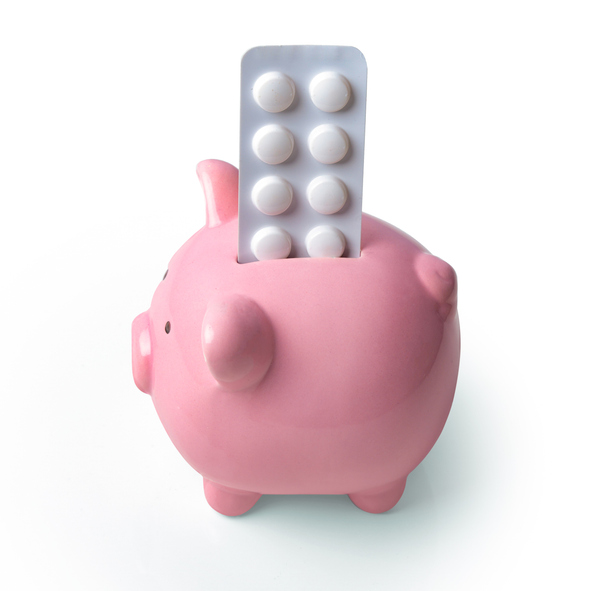Figures released by the Commonwealth Government show lowering the maximum copayment is more than 11 times more effective in delivering cost of living relief to all Australians.
“It’s now clear that lowering the maximum Pharmaceutical Benefits Scheme (PBS) copayment is the best way to make medicines cheaper and support Australians challenged by the cost of living to meet their healthcare needs,” Pharmacy Guild of Australia President Professor Trent Twomey said.
“The numbers prove, in black and white, the positive impact lowering the maximum PBS copayment has on the lives of all Australians, not just a select few.
“The lowering of the maximum co-payment from $42.50 to $30 has saved patients a total of $346 million on medicines, as opposed to the $30 million from 60-day dispensing.
“On behalf of patients and community pharmacists, along with our partners, the Australian Patients Association, Chronic Pain Australia and Food for Change, the Guild campaigned to secure the Government’s historic lowering of the copayment, the first in the 75-year history of the PBS,” Professor Twomey said.
Together with the freezing of the concessional patient co-payments for five years until 1 January 2029, negotiated as part of the Eighth Community Pharmacy Agreement, community pharmacy continues to deliver cheaper medicines for all Australians.
“Community pharmacists are delighted the benefits of these landmark changes are now being realised in the everyday lives of Australians.
“We know, when putting together the weekly budget, some patients continue to go without medicines – so there is more work to be done. The recent 6th Australian Healthcare Index (AHI) survey and report, by Healthengine and the Australian Patients Association, revealed 28 percent of respondents were skipping buying needed medicine due to cost of living pressures.
“The Australian Bureau of Statistics also reports a rise in the people who delayed or went without prescription medication due to cost, from 5.6 per cent in 2021-22 to 7.6 per cent in 2022-23.
“In a country as fortunate as ours, patients should never feel they need to sacrifice their lifesaving medication in preference of other living costs,” Professor Twomey said.










